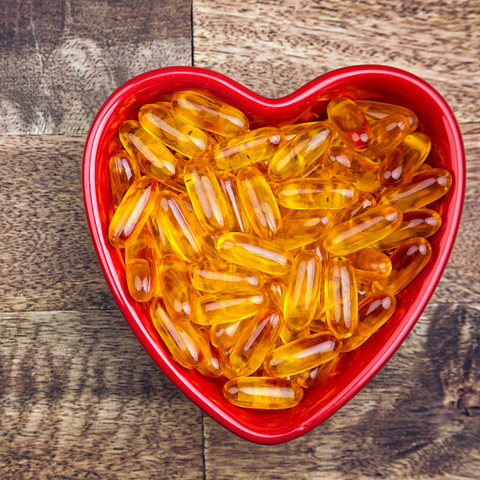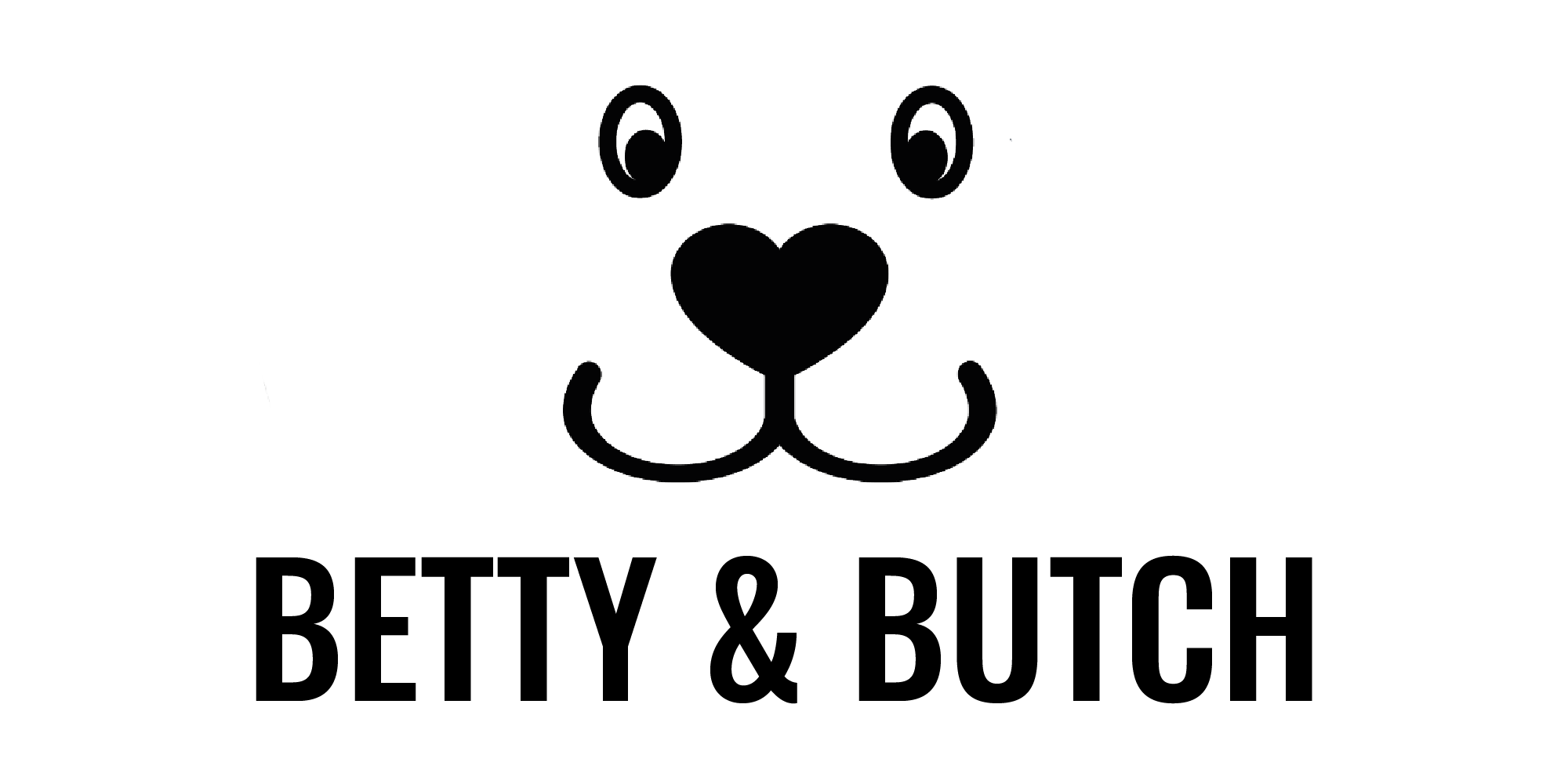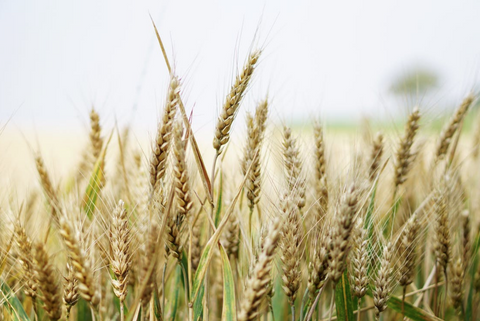Wuff Post 📰 - Dog News and Training Tips

Do you have a furry four-legged family member at home that could use an extra boost of vitamins and minerals? Fish oil may be just the thing your pup needs to stay healthy and strong, but can dogs even consume fish oil safely? If you've been wondering if fish oil is right for your pup, then you're in luck! In this blog post, we'll discuss everything there is to know about giving fish oil to your canine companion - from how beneficial it really is to potential side effects. Read on for more information on why incorporating some fishy goodness into your pup's diet might be one of the best decisions you can make as a dog parent!


